Video & transcript: Clifford Hayes Maiden Speech to Victorian Parliament 5 Feb 2019
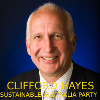 "My objective, with your help, honourable members, is to make Melbourne, and even Victoria, a great place to live. Not merely a great place in population size or area to rival such places as Shanghai, New York, London or Sao Paulo. Such greatness would be mere obesity, with all the disadvantages of such. Not a city or a state where people are crammed into dogbox apartments, living on crowded and congested streets in an environmentally unfriendly concrete heat island. But a spacious city with open skies, open and tree-filled streets, with gardens. An environment where children can play safely, where the car is not king but a servant.
"My objective, with your help, honourable members, is to make Melbourne, and even Victoria, a great place to live. Not merely a great place in population size or area to rival such places as Shanghai, New York, London or Sao Paulo. Such greatness would be mere obesity, with all the disadvantages of such. Not a city or a state where people are crammed into dogbox apartments, living on crowded and congested streets in an environmentally unfriendly concrete heat island. But a spacious city with open skies, open and tree-filled streets, with gardens. An environment where children can play safely, where the car is not king but a servant.
Walkable patchworks of various styles of housing, where one would enjoy walking, cycling or travelling through by public transport. A city of learning, education, the arts and self-supporting industry, where families and communities can thrive. Where the less fortunate who may be living on lower incomes are not segregated into high-rise towers but live in affordable detached or medium-density housing spread throughout the suburbs. Where their children have the same opportunities as other children. Where ghettos of crime and despair are not created. A city where the environment—the living environment—is prized and of prime importance. A sustainable city or cities in a sustainable state. This can only happen when people are proud of their neighbourhoods and where they, as citizens, have control over what they create—the built form, the environment, the infrastructure. This is what, I believe, we as a Parliament can achieve." (Clifford Hayes, Extract from speech.)
[This speech was paragraphed by candobetter.net editor. It was taken from the unproofed Hansard transcript and will be revised if there are changes.]
Mr HAYES (Southern Metropolitan) (16:54:47): President and honourable members, especially new members, congratulations. I grew up in Brighton, the son of a doctor and a school teacher, so in many people’s eyes I had a life of privilege, but my parents had just bought a house, my father was starting his own medical practice from scratch and I was sent to Gardenvale state school. However, I did not like school, particularly getting the strap in my first few days there for playing in the third graders’ playground.
So when I learned to read, quite well, I told my mum I wanted to leave school. She laughed and told me I had to do another 12 years before I could leave.
I was devastated. By grade 3 my parents were able to send me to Brighton Grammar.
But in grade 4 my father suffered a terrible car accident, which affected him and his earning ability for the rest of his life. Mum worked, which was not that common in the early 1960s, and Dad brought in some money, so we got by okay. My two sisters and I managed to finish at private schools, but my father's situation got worse, and he relied on drinking and heavy medication, which by the end of our schooling left him totally incapacitated.
Being a bit of a rebel and not a great student, I decided on a very different course to the academic life so beloved by my parents. I had become interested in photography and filmmaking, and to my parents’ horror I wanted a career in the film industry. So I left home and went to work.
The Australian film industry was almost non-existent then. I found a job in the nascent television industry with Hector Crawford at Crawford Productions in Collins Street. My first job was on Homicide as a music editor, although I only had the vaguest idea of what that job entailed when I started. Over the next few years Crawfords produced the top three or four highest rating TV dramas in Australia at that time.
I went on to become a freelance film editor, and in 1979 I won an Australian Film Institute award for my part in editing Mad Max.
Members applauded.
The PRESIDENT: As tempting as it is, can we hold the applause until the end.
Mr HAYES: However, it was my experience working in the Northern Territory on the feature film We of the Never Never that changed my view on how we treated the first inhabitants of this land, and I came home a firm believer in Aboriginal land rights.
My parents, particularly my father, who was a keen advocate to the few who would listen back then for Indigenous recognition and other social issues, were both academic and left wing in political inclination, which was a pretty unusual stand compared to many of my friends’ parents in Brighton. So I was always interested in politics and comparing and arguing various points of view.
However, it was travelling overseas for six months when I was 24 which opened my eyes on how we lived in Australia. I was trying to find my way around the gridlocked streets of Bangkok, and looking over a bridge I saw swarming below a mass of humanity living in shacks on the side of a city canal, which would be no bigger than the Elwood canal down our way. A couple of hundred people were living down there—working, living and laughing.
I realized that there were many ways to live the life that I thought was normal from my little bubble in suburban Melbourne. I also realized that which so many Australian travellers come to see: we are all so enormously privileged to grow up and live in the open spaces and remaining nature of our suburbs and the surrounding countryside.
I lived in Sydney for a while working as an editor. Here I was in the heart of the film industry and lived the life of a continual after-work party—restaurants, bars, parties, picnics, drinking, eating and all that goes with it. It was the 1980s, and Sydney was a beautiful city and definitely the place to be. Few would disagree that most of the beauty around the harbour has now been spoiled by overdevelopment.
I got married and divorced in fairly quick succession. I bought an old farm house in a small town, Deans Marsh—between Geelong and Lorne—as a weekend retreat, and I became more and more interested in small-scale farming, self-sufficiency, agriculture and alternative lifestyles.
I got married again and we had a daughter followed by a son a couple of years later.
Computerisation had swept through the TV industry, enabling me to work from our farm house but often requiring travel back and forth to Melbourne. I studied for a diploma in applied science, farm management, by correspondence through Melbourne University, with a view to starting a small vineyard, which would certainly supplement my growing wine cellar. That was when devastation struck and my life had to change.
My wife wanted out, citing my lifestyle, the working, the drinking, the parties and generally being away from home too much. I was not much use as a father—and what is more, she was taking the kids. My drinking, smoking and party life had to stop.
I realised my health was being affected and my lifestyle was costing me more than money. I was losing friends, my lucrative business and now what I valued most—my family. I sought help and I found it through an organisation which pointed me to a path of spiritual recovery. As a result I no longer drink or smoke, nor do I take any mind-altering substances except caffeine, and have not done so for many years.
However, I did start that small vineyard on the Mornington Peninsula with a business partner. After a while I managed to reconcile with my family, and though my wife and I did not resume our marriage we became good friends and I had the opportunity to be the father I had always wanted to be to my children.
In 2003 I sold the vineyard and I moved back to Brighton again, buying an older style apartment with a backyard, where I still live today.
While I always had a political interest, my real political activity was about to start in the most unlikely way.
My mother, who still lived in the old family home nearby, told me that a developer had plans to build a 5-storey building of more than 100 apartments right behind her house. The whole street was affected, most of the houses being single storey.
All of our neighbours were up in arms: 'They can’t do this here!’. And the reply from our council: 'Oh yes, they can’.
It was Melbourne 2030, and we had been declared, without our knowledge, to be living in an activity centre.
What is more, the council had plans for more 4 and 5-storey buildings scattered around North Brighton.
Our group of residents decided to run someone against the local councillor. I was the only volunteer, and I ran on the issue, opposing high-rise development.
With huge community support, I was elected by a sizeable majority seeking to maintain our village character. Once elected, I had the full support of council in moving for more restrictive height controls in our village-style shopping centres and surrounding residential streets.
The minister, through his department, would not allow the changes, but after much lobbying he did grant so‑called 'discretionary’ height controls but at heights greater than the council’s decision.
The developers were still not happy and took the council to VCAT, where the VCAT member overruled the council’s refusal, saying discretionary controls gave him the discretion to break them. What is more, he and other members over the years took it upon themselves to give council lectures about our housing policy, developed out of widespread community consultation, for being too restrictive.
VCAT continues to grant permits for building heights far in excess of our meaningless discretionary controls as granted by the state government.
So much for the wishes of the community, or democracy, where elected bodies such as municipal councils can be overridden by a bureaucrat and increasingly by the state government.
This is where I discovered the general attitude of the planning bodies.
Senior planners in the government said to me, 'Councillor, if you don’t want high rise, you must want sprawl’.
I said, 'I don’t want either’, to which they replied, 'Well, where will you put the population?’.
Research showed me how population growth had been ramped up in recent years from a long-term average of 70 000 per annum to 200 000 people per annum. Melbourne is now growing by 2500 people, seeking accommodation, every week.
This fact is used by the government to overpower councils on the issue of planning in particular. Most government planners advocate urban consolidation and the destruction of our valued Australian suburban life. They talk of high-rise schools. Where will the children play?
To achieve this so-called consolidation, governments, planners and developers want to bring in more and more people, not from the outer suburbs but from overseas, to densify the inner city.
Who benefits? The developers and the property industry.
After being elected mayor of Bayside I joined an organisation called Planning Backlash. Led by the awesome Mary Drost, OAM, we represented planning groups with similar issues all across Melbourne and regional Victoria.
This group has led the campaign for greater say for residents and councils and has regularly met with all planning ministers, both Liberal and Labor, up until this minister, who no longer consults with us.
Rapid population growth has been connected with our planning problems.
Around this time I saw Dick Smith’s documentary and found the policies of Sustainable Australia. I came to see that global population growth and the corresponding increased pollution, greenhouse gas emissions, species decline and habitat destruction have made population growth the major environmental problem, both globally and locally.
Yet population growth was not even mentioned by the major political parties, including the Greens.
The Greens advocate lowering consumption, and rightly so, but until they realistically tackle the population issue they cannot address the current rate of environmental destruction and greenhouse gas emissions in this state or in this country.
This issue has nothing to do with race or religion, nor should it. For no matter how much we reduce consumption and the ensuing pollution per person, if we increase the population at the same time, we will make zero or even negative progress.
And we in this country are growing at rates far above the world population growth rate, and our greenhouse gas emissions keep on rising.
A similar charge could be made against the major parties, Labor and Liberal, who cry economic ruin if we reduce population growth by returning to 1980s or 1990s levels of immigration, as our party advocates.
They say the current rapid population growth raises gross domestic product. Yet, as we all know, GDP per head of population growth and wages growth have been stagnant over recent years as we have imported more and more workers.
In 2010 I met William Bourke and joined Sustainable Australia. Their policies on local planning, affordable housing, infrastructure, the environment and a more diverse economy appealed to my frustrated desires, particularly at a local level.
As to planning in this beautiful city and this bountiful state, planning should be a good thing, not like here, with our planning system—deregulated, discretionary and encouraging the atrocious.
Then we, the residents, hopefully with the support of our councils, try to make the proposal less bad. Even this process is under attack, with planning bodies such as the Grattan Institute seeking to remove third-party appeal rights. Even less local democracy is being demanded.
Planning, we believe, should be conceived at the local level, initiated by local planning groups or citizen juries. Planning should then set the agenda, set the social and environmental goals, the population density and height controls. Then developers would have to conform to these established local requirements—a democratic process.
Finally, just before I finish, I would like to thank a few people who helped me take this journey to find my way to this most historic and honourable chamber: William Bourke, our hardworking federal president and an invaluable mentor; Mary Drost, of indomitable spirit, and the committee of Planning Backlash; Richard Rozen and my supporters in Brighton Residents for Urban Protection; Derek, Evelyn, Kerrie, David, Beth, David and John of Restore Residents’ Rights; Jill Quirk, who ran in an election with me; Kelvin Thomson, a former MLA and an early advocate on population growth, who is now my fantastic chief of staff; Noel Pullen, a former MLC, who helped us in the planning battle; Alex Del Porto, James Long, Sonia Castelli and Bayside councillors past and present; my family, especially my two children, Alice and Harry.
My objective, with your help, honourable members, is to make Melbourne, and even Victoria, a great place to live. Not merely a great place in population size or area to rival such places as Shanghai, New York, London or Sao Paulo. Such greatness would be mere obesity, with all the disadvantages of such.
Not a city or a state where people are crammed into dogbox apartments, living on crowded and congested streets in an environmentally unfriendly concrete heat island. But a spacious city with open skies, open and tree-filled streets, with gardens. An environment where children can play safely, where the car is not king but a servant.
Walkable patchworks of various styles of housing, where one would enjoy walking, cycling or travelling through by public transport.
A city of learning, education, the arts and self-supporting industry, where families and communities can thrive. Where the less fortunate who may be living on lower incomes are not segregated into high-rise towers but live in affordable detached or medium-density housing spread throughout the suburbs. Where their children have the same opportunities as other children. Where ghettos of crime and despair are not created. A city where the environment—the living environment—is prized and of prime importance. A sustainable city or cities in a sustainable state. This can only happen when people are proud of their neighbourhoods and where they, as citizens, have control over what they create—the built form, the environment, the infrastructure. This is what, I believe, we as a Parliament can achieve.
Members applauded.

 This disgraceful rebadged “Statement of Planning Policy” for
This disgraceful rebadged “Statement of Planning Policy” for 

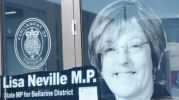 Animals are losing their trees in droves. The cause is population growth. There is a new tree removing policy for all dams and retarding basins in Victoria, treating small retarding basins as if they were big dams, and treating trees as problems, where previously they were considered desirable. See inside for locations. This policy applies in other states as well. VicRoads is also suddenly
Animals are losing their trees in droves. The cause is population growth. There is a new tree removing policy for all dams and retarding basins in Victoria, treating small retarding basins as if they were big dams, and treating trees as problems, where previously they were considered desirable. See inside for locations. This policy applies in other states as well. VicRoads is also suddenly 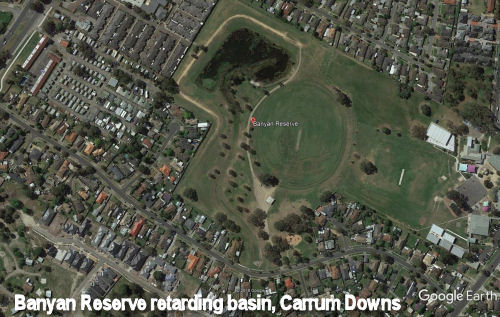
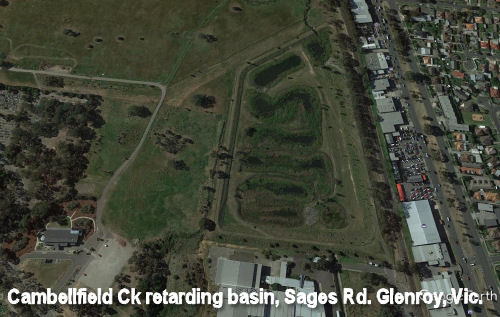
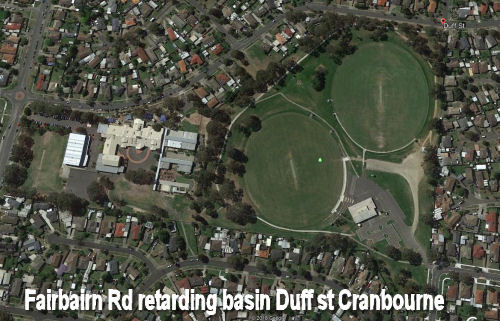

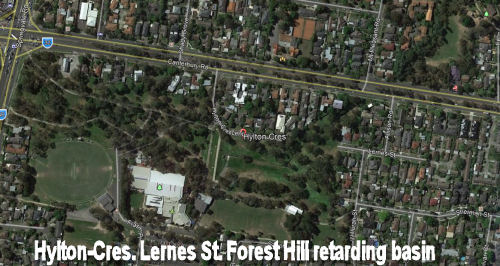
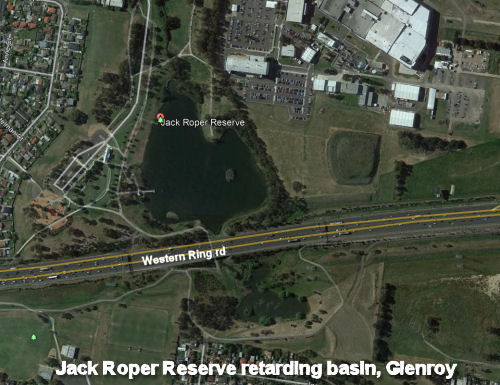

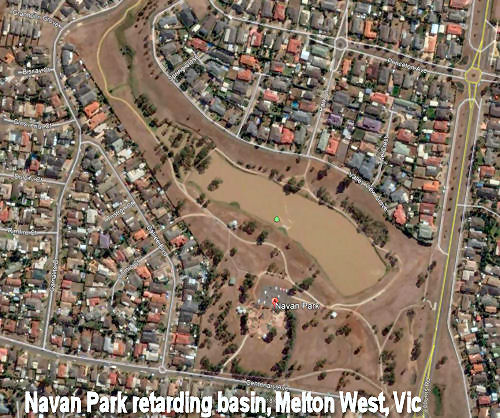
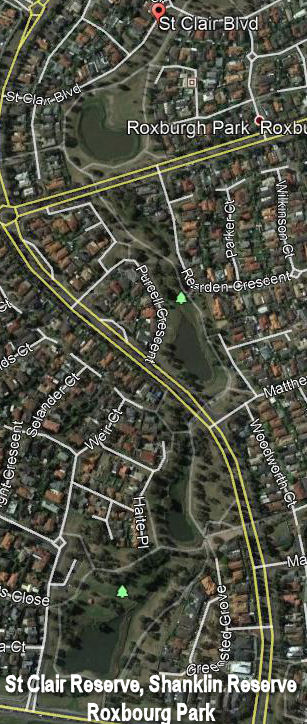
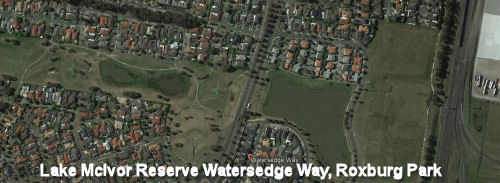

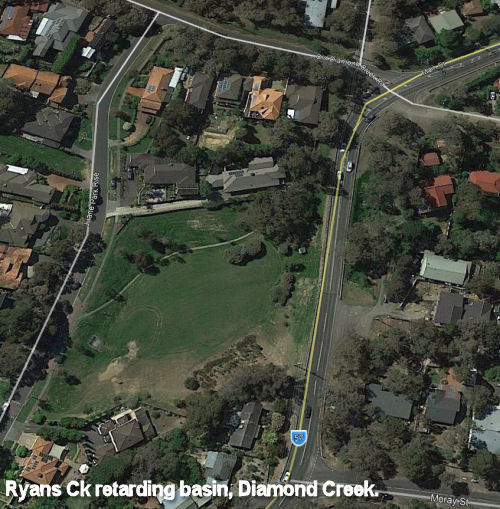 A community bulletin was issued in November 2017. https://www.melbournewater.com.au/what-we-are-doing/works-and-projects-near-me/all-projects/ryans-road-retarding-basin-upgrade
A community bulletin was issued in November 2017. https://www.melbournewater.com.au/what-we-are-doing/works-and-projects-near-me/all-projects/ryans-road-retarding-basin-upgrade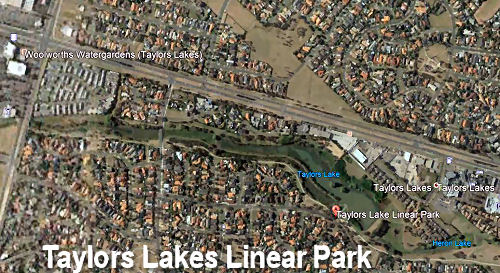
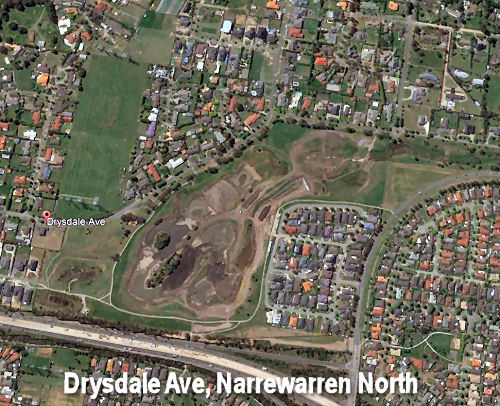
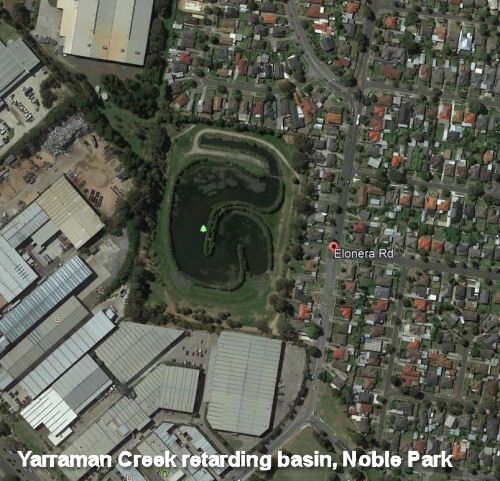

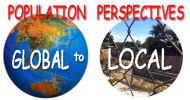
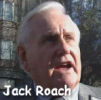 Public Seminar with two speakers:
Public Seminar with two speakers: 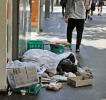 All states and territories of Australia aggressively tout for economic immigrants via their state website ‘immigration portals’. Despite our infrastructure, congestion, unemployment, cost of living and housing problems, these state websites continue to present our cities and states as regions in need of mass economic immigration, from foreign homebuyers, investors, professionals and their families. These portals put wealthy people overseas in touch with migration agents, solicitors, property sales people and offer government sponsorship. Business has speeded up and expanded globally with the internet, since the late 1990s. It is bipartisan Lib-Lab and supported by the Greens, who suppress any discussion of immigration rates.
All states and territories of Australia aggressively tout for economic immigrants via their state website ‘immigration portals’. Despite our infrastructure, congestion, unemployment, cost of living and housing problems, these state websites continue to present our cities and states as regions in need of mass economic immigration, from foreign homebuyers, investors, professionals and their families. These portals put wealthy people overseas in touch with migration agents, solicitors, property sales people and offer government sponsorship. Business has speeded up and expanded globally with the internet, since the late 1990s. It is bipartisan Lib-Lab and supported by the Greens, who suppress any discussion of immigration rates.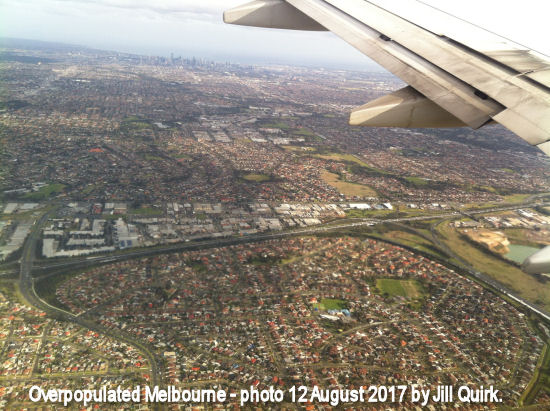
 The Victorian Liberals have been running public population forums for their "Victorian Population Policy Taskforce." Please read on to get an idea of what is involved and how you might use these forums for good, despite their cynical nature. The article includes a list of the forums still to be held at time of writing this article. As you would expect, the people comprising the Taskforce include some heavy hitters from the extreme growth lobby and, really only one person who has questioned population growth policy - Dr Bob Birrell. We can be sure that the Liberal politicians and other growth lobby activists behind the forums are pushing for extreme population growth to continue despite its awful consequences, just as the Victorian Labor Government is. The purpose of the forums is to manufacture consent by pretending that current immigration numbers cannot be stopped or reduced, however bleak their impact. The message is put in pseudo solidarity as, "Yes, we feel your pain, we wish we could do something, but we cannot." This throws the audiences into a state of helplessness. However, the forums do present the possibility of people who actually know the facts and are concerned about citizens, residents' rights and wildlife needs, to reach the wide spectrum of people who come to the forums and point to the way out of the false dilemma. Those audiences are dying to hear that the political parties (in and out of government) have the capacity to stop the massive population growth and that Australians should and must resist it. Consider taking copies of
The Victorian Liberals have been running public population forums for their "Victorian Population Policy Taskforce." Please read on to get an idea of what is involved and how you might use these forums for good, despite their cynical nature. The article includes a list of the forums still to be held at time of writing this article. As you would expect, the people comprising the Taskforce include some heavy hitters from the extreme growth lobby and, really only one person who has questioned population growth policy - Dr Bob Birrell. We can be sure that the Liberal politicians and other growth lobby activists behind the forums are pushing for extreme population growth to continue despite its awful consequences, just as the Victorian Labor Government is. The purpose of the forums is to manufacture consent by pretending that current immigration numbers cannot be stopped or reduced, however bleak their impact. The message is put in pseudo solidarity as, "Yes, we feel your pain, we wish we could do something, but we cannot." This throws the audiences into a state of helplessness. However, the forums do present the possibility of people who actually know the facts and are concerned about citizens, residents' rights and wildlife needs, to reach the wide spectrum of people who come to the forums and point to the way out of the false dilemma. Those audiences are dying to hear that the political parties (in and out of government) have the capacity to stop the massive population growth and that Australians should and must resist it. Consider taking copies of 
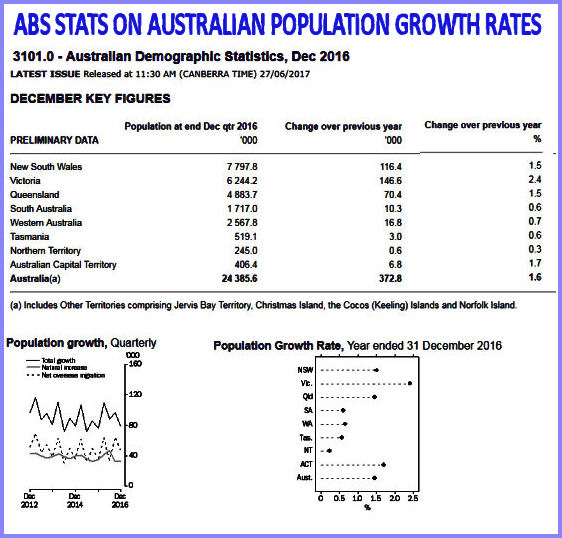
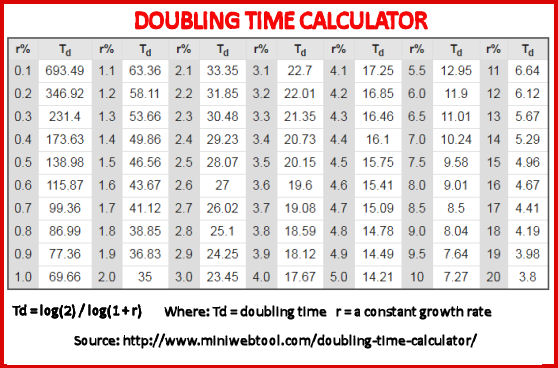
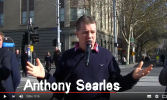 For the record: Anthony Searles of Boronia speaks at 'Restore Residents' Rights', a Planning Backlash Rally organised by Mary Drost on the steps of Victorian Parliament on 8 June 2017. This rally was a huge protest by many residents' and ratepayer groups against the Victorian Government's despotic plan to privatise the planning system in order to provide for an increase in Victoria's population from approx 6m to 10m by 2050, mostly through economic immigration, in order to satiate the greed of developers who have taken over this country and the political parties. (This report and video have been uploaded out of sequence with the other speeches made on the 8 June and published on candobetter.net, owing to an editorial oversight. Apologies from candobetter.net editors.)
For the record: Anthony Searles of Boronia speaks at 'Restore Residents' Rights', a Planning Backlash Rally organised by Mary Drost on the steps of Victorian Parliament on 8 June 2017. This rally was a huge protest by many residents' and ratepayer groups against the Victorian Government's despotic plan to privatise the planning system in order to provide for an increase in Victoria's population from approx 6m to 10m by 2050, mostly through economic immigration, in order to satiate the greed of developers who have taken over this country and the political parties. (This report and video have been uploaded out of sequence with the other speeches made on the 8 June and published on candobetter.net, owing to an editorial oversight. Apologies from candobetter.net editors.)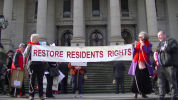
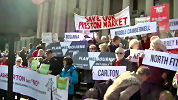 Congratulations to Mary Drost, Planning Backlash Convenor, for pulling this event together to signify residents' disgust at Victoria's government steamrolling property and civil rights. The turn out of groups was huge, since everyone understood how wrong the government plans are. The event was held on the steps of Parliament House. These steps had been booked in advance but, on the evening before, Planning Backlash discovered that the steps had been double-booked for the same hour. An increasingly absurd scenario loomed as the double-booked World Oceans Day plastic bag protest planned to float a giant whale and to simulate the roll of the ocean with a constant drumbeat. Eventually it was agreed between the two rallies to face in different directions and occupy only half of the steps. A very good rented PR system meant that Planning Backlash speakers could be heard most of the time, except right at the end when the batteries gave out. Jack Roach, of Boroondara Residents Action Group (BRAG) who had introduced all the speakers, rounded up the event without benefit of any amplification. Mr Roach talked about the
Congratulations to Mary Drost, Planning Backlash Convenor, for pulling this event together to signify residents' disgust at Victoria's government steamrolling property and civil rights. The turn out of groups was huge, since everyone understood how wrong the government plans are. The event was held on the steps of Parliament House. These steps had been booked in advance but, on the evening before, Planning Backlash discovered that the steps had been double-booked for the same hour. An increasingly absurd scenario loomed as the double-booked World Oceans Day plastic bag protest planned to float a giant whale and to simulate the roll of the ocean with a constant drumbeat. Eventually it was agreed between the two rallies to face in different directions and occupy only half of the steps. A very good rented PR system meant that Planning Backlash speakers could be heard most of the time, except right at the end when the batteries gave out. Jack Roach, of Boroondara Residents Action Group (BRAG) who had introduced all the speakers, rounded up the event without benefit of any amplification. Mr Roach talked about the 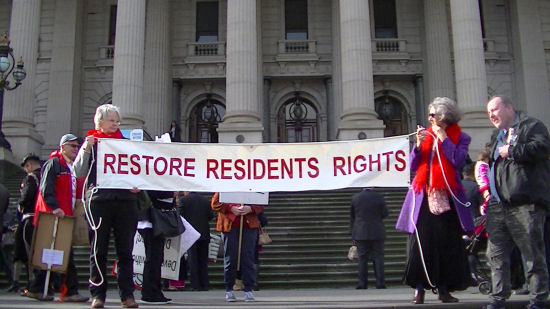
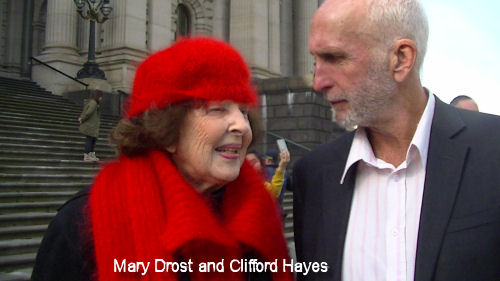
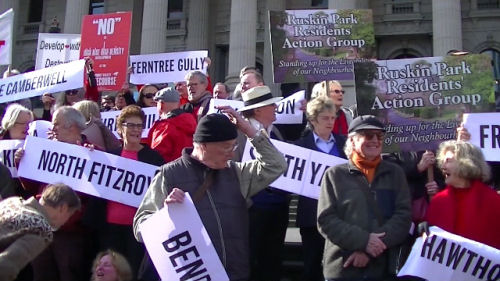
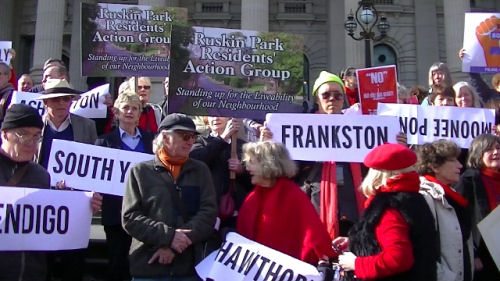
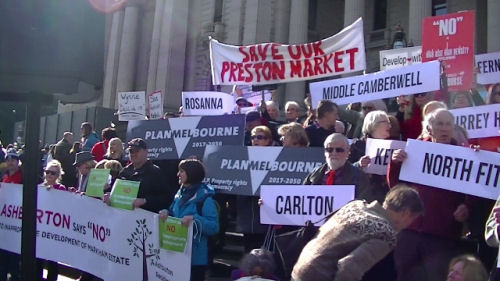
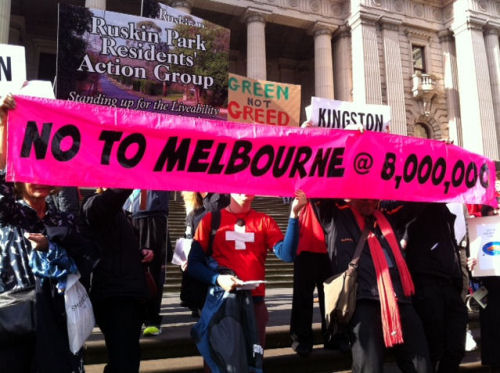
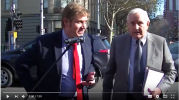 Brad Marsh of Alphington speaking for Yarra Residents' Coalition Brian Walsh of Kew Cottages Coalition, speaks at 'Restore Residents' Rights', a Planning Backlash Rally organised by Mary Drost on the steps of Victorian Parliament, 8 June 2017. This rally was a huge protest by many residents' and ratepayer groups against the Victorian Government's despotic plan to privatise the planning system in order to provide for an increase in Victoria's population from approx 6m to 10m by 2050, mostly through immigration, in order to satiate the greed of developers who have taken over this country. Read more here:
Brad Marsh of Alphington speaking for Yarra Residents' Coalition Brian Walsh of Kew Cottages Coalition, speaks at 'Restore Residents' Rights', a Planning Backlash Rally organised by Mary Drost on the steps of Victorian Parliament, 8 June 2017. This rally was a huge protest by many residents' and ratepayer groups against the Victorian Government's despotic plan to privatise the planning system in order to provide for an increase in Victoria's population from approx 6m to 10m by 2050, mostly through immigration, in order to satiate the greed of developers who have taken over this country. Read more here: 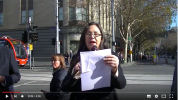 Ms B. McNicholas, of Save St Kilda Road, speaks about the removal of heritage listed trees by the state at dead of night from St Kilda Road. [St Kilda Road is Melbourne's Champs Elysees. Distinguished by its avenue of large old trees, botanical gardens and war memorials, it dates back to early Melbourne.] The removal of the trees was done under a police guard without notifying citizens or residents. See also this website on the problem:
Ms B. McNicholas, of Save St Kilda Road, speaks about the removal of heritage listed trees by the state at dead of night from St Kilda Road. [St Kilda Road is Melbourne's Champs Elysees. Distinguished by its avenue of large old trees, botanical gardens and war memorials, it dates back to early Melbourne.] The removal of the trees was done under a police guard without notifying citizens or residents. See also this website on the problem: 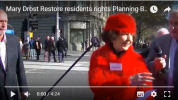 Mary Drost, Convenor of Planning Backlash, speaks to the protesters at 'Restore Residents' Rights', a Planning Backlash Rally she convened on the steps of Victorian Parliament, Australia, 8 June 2017. This rally was a huge protest by many residents' and ratepayer groups against the Victorian Government's despotic plan to privatise the planning system in order to provide for an increase in an increase in Victoria's population from approx 6m to 10m by 2050, mostly through immigration, mostly through immigration, in order to satiate the greed of developers who have taken over this country.
Mary Drost, Convenor of Planning Backlash, speaks to the protesters at 'Restore Residents' Rights', a Planning Backlash Rally she convened on the steps of Victorian Parliament, Australia, 8 June 2017. This rally was a huge protest by many residents' and ratepayer groups against the Victorian Government's despotic plan to privatise the planning system in order to provide for an increase in an increase in Victoria's population from approx 6m to 10m by 2050, mostly through immigration, mostly through immigration, in order to satiate the greed of developers who have taken over this country. Speaking at the 8 June 2017 Planning Backlash Rally to Restore Residents' Rights, Clifford Hayes describes how Mr Wynn, Minister for Planning, has removed the protection given by residential zones that were put in by Matthew Guy, the preceding Planning Minister. Hayes says he has to give some credit to the previous government for having had the guts to introduce those zones, which were at least the result of some consultation with the residents. Minister Wynn, however, he observes, refuses to meet with resident planning groups, only listening to the developers, the planners. (A voice calls out in the background, "They're both the same!" and Clifford Hayes agrees.) The Planning Backlash Rally, organised by Mary Drost on the steps of Victorian Parliament on 8 June 2017. was a huge protest by many residents' and ratepayer groups against the Victorian Government's despotic plan to privatise the planning system in order to provide for an increase in Victoria's population from approx 6m to 10m by 2050, mostly through immigration, mostly through economic immigration, in order to satiate the greed of developers who have taken over this country and the political parties. Hayes describes fighting high-rise development as Mayor and Councillor in Brighton against successive governments. He has also run as a candidate for the Sustainable Australia Party, which tries to educate the public about the need to fight against bi-partisan plans for massive population growth in Australia.
Speaking at the 8 June 2017 Planning Backlash Rally to Restore Residents' Rights, Clifford Hayes describes how Mr Wynn, Minister for Planning, has removed the protection given by residential zones that were put in by Matthew Guy, the preceding Planning Minister. Hayes says he has to give some credit to the previous government for having had the guts to introduce those zones, which were at least the result of some consultation with the residents. Minister Wynn, however, he observes, refuses to meet with resident planning groups, only listening to the developers, the planners. (A voice calls out in the background, "They're both the same!" and Clifford Hayes agrees.) The Planning Backlash Rally, organised by Mary Drost on the steps of Victorian Parliament on 8 June 2017. was a huge protest by many residents' and ratepayer groups against the Victorian Government's despotic plan to privatise the planning system in order to provide for an increase in Victoria's population from approx 6m to 10m by 2050, mostly through immigration, mostly through economic immigration, in order to satiate the greed of developers who have taken over this country and the political parties. Hayes describes fighting high-rise development as Mayor and Councillor in Brighton against successive governments. He has also run as a candidate for the Sustainable Australia Party, which tries to educate the public about the need to fight against bi-partisan plans for massive population growth in Australia.  Michael Buxton, Professor of Environment and Planning, RMIT University, speaks at 'Restore Residents' Rights', a Planning Backlash Rally organised by Mary Drost on the steps of Victorian Parliament, 8 June 2017. This rally was a huge protest by many residents' and ratepayer groups against the Victorian Government's despotic plan to privatise the planning system in order to provide for an increase in Victoria's population from approx 6m to 10m by 2050, mostly through immigration, in order to satiate the greed of developers who have taken over this country. The impact of this undemocratic policy is the architectural rape of our natural and built surroundings. Professor Buxton gives many examples of planning outrages, present and threatened in a strong and lucid speech.
Michael Buxton, Professor of Environment and Planning, RMIT University, speaks at 'Restore Residents' Rights', a Planning Backlash Rally organised by Mary Drost on the steps of Victorian Parliament, 8 June 2017. This rally was a huge protest by many residents' and ratepayer groups against the Victorian Government's despotic plan to privatise the planning system in order to provide for an increase in Victoria's population from approx 6m to 10m by 2050, mostly through immigration, in order to satiate the greed of developers who have taken over this country. The impact of this undemocratic policy is the architectural rape of our natural and built surroundings. Professor Buxton gives many examples of planning outrages, present and threatened in a strong and lucid speech.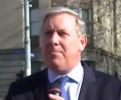 David Davis, Liberal Shadow Minister for Planning 2017, makes many promises to reverse the Victorian Andrews Labor Government's destructive planning initiatives at 'Restore Residents' Rights', a Planning Backlash Rally organised by Mary Drost on the steps of Victorian Parliament on 8 June 2017. This rally was a huge protest by many residents' and ratepayer groups against the Victorian Government's despotic plan to privatise the planning system in order to provide for an increase in Victoria's population from approx 6m to 10m by 2050, mostly through economic immigration, in order to satiate the greed of developers who have taken over this country and the political parties.
David Davis, Liberal Shadow Minister for Planning 2017, makes many promises to reverse the Victorian Andrews Labor Government's destructive planning initiatives at 'Restore Residents' Rights', a Planning Backlash Rally organised by Mary Drost on the steps of Victorian Parliament on 8 June 2017. This rally was a huge protest by many residents' and ratepayer groups against the Victorian Government's despotic plan to privatise the planning system in order to provide for an increase in Victoria's population from approx 6m to 10m by 2050, mostly through economic immigration, in order to satiate the greed of developers who have taken over this country and the political parties.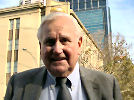 Jack Roach, of Boroondara Residents Action Group (BRAG) speaks at 'Restore Residents' Rights', a Planning Backlash Rally organised by Mary Drost on the steps of Victorian Parliament on 8 June 2017. This rally was a huge protest by many residents' and ratepayer groups against the Victorian Government's despotic plan to privatise the planning system in order to provide for an increase in Victoria's population from approx 6m to 10m by 2050, mostly through economic immigration, in order to satiate the greed of developers who have taken over this country and the political parties.
Jack Roach, of Boroondara Residents Action Group (BRAG) speaks at 'Restore Residents' Rights', a Planning Backlash Rally organised by Mary Drost on the steps of Victorian Parliament on 8 June 2017. This rally was a huge protest by many residents' and ratepayer groups against the Victorian Government's despotic plan to privatise the planning system in order to provide for an increase in Victoria's population from approx 6m to 10m by 2050, mostly through economic immigration, in order to satiate the greed of developers who have taken over this country and the political parties.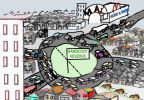 I have now attended three workshops on how to compensate for the loss of southern brown bandicoot (SBB) habitat because of urban expansion adjacent to the Royal Botanical Gardens Cranbourne.
I have now attended three workshops on how to compensate for the loss of southern brown bandicoot (SBB) habitat because of urban expansion adjacent to the Royal Botanical Gardens Cranbourne.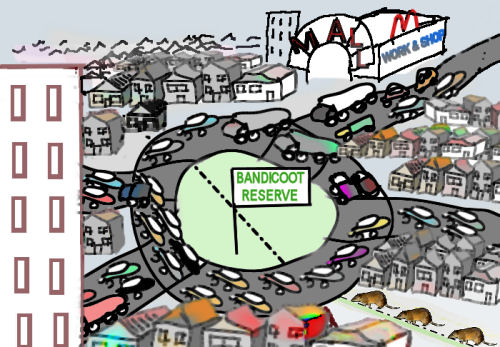
 Update: See new article,
Update: See new article, 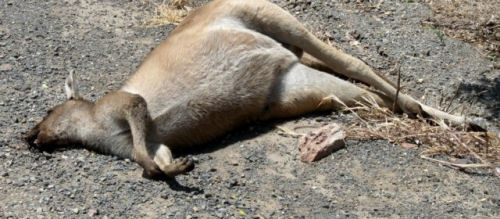


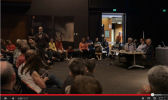 Watch highlights of the Surf Coast Energy Group Forum. The issues of population, climate change and pressures on our bio-diversity are addressed. Kelvin Thomson attended, Prof Ian Lowe was a speaker and the audience was large and varied.
Watch highlights of the Surf Coast Energy Group Forum. The issues of population, climate change and pressures on our bio-diversity are addressed. Kelvin Thomson attended, Prof Ian Lowe was a speaker and the audience was large and varied.
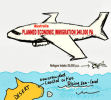 The Federal Government is not the sole responsible for Australia's planned and economic immigration; in fact the States seem to be leading it. State governments and political parties tend to try to mislead Australians on this very issue, so I felt it was time to write an article. Now is the time to head to your local member's office and ask him or her what he or she is going to do about this. If you don't get a sensible answer, vote small parties before Lib, Lab or Green.
The Federal Government is not the sole responsible for Australia's planned and economic immigration; in fact the States seem to be leading it. State governments and political parties tend to try to mislead Australians on this very issue, so I felt it was time to write an article. Now is the time to head to your local member's office and ask him or her what he or she is going to do about this. If you don't get a sensible answer, vote small parties before Lib, Lab or Green.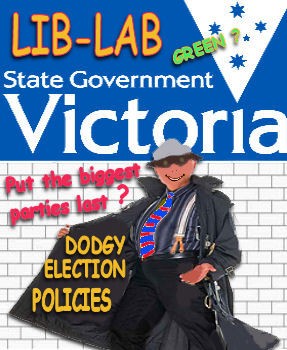 Your most telling examples of how the States impact on immigration are the State migration websites. The States 'nominate' migrants. I think the Feds just pretend to 'vet ' them. In Victoria it is
Your most telling examples of how the States impact on immigration are the State migration websites. The States 'nominate' migrants. I think the Feds just pretend to 'vet ' them. In Victoria it is 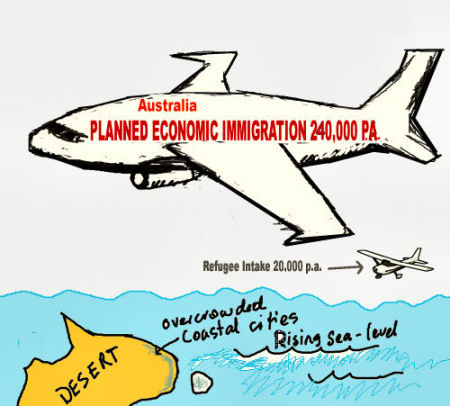

 An article by Kathy Lord, "Wildlife group 'pushed to the limit', in ABC News, typifies many mainstream press reports on kangaroos as it reports the phenomenon of kangaroos turning up in suburban and urban areas. This article entirely omits to criticise the cause, which is human overpopulation and expansion due to Australian and State goverments' undemocratic policy of inviting mass immigration from interstate and overseas. This needs to be exposed. The article, as stands, makes it look as if kangaroos are for some bizarre reason invading the city. This is grossly unfair and quite callous. The casual references to darting and euthanasia gloss over a completely avoidable problem that breaks the hearts of many Australians who just want the suburban expansion and its destruction of nature to stop.
An article by Kathy Lord, "Wildlife group 'pushed to the limit', in ABC News, typifies many mainstream press reports on kangaroos as it reports the phenomenon of kangaroos turning up in suburban and urban areas. This article entirely omits to criticise the cause, which is human overpopulation and expansion due to Australian and State goverments' undemocratic policy of inviting mass immigration from interstate and overseas. This needs to be exposed. The article, as stands, makes it look as if kangaroos are for some bizarre reason invading the city. This is grossly unfair and quite callous. The casual references to darting and euthanasia gloss over a completely avoidable problem that breaks the hearts of many Australians who just want the suburban expansion and its destruction of nature to stop.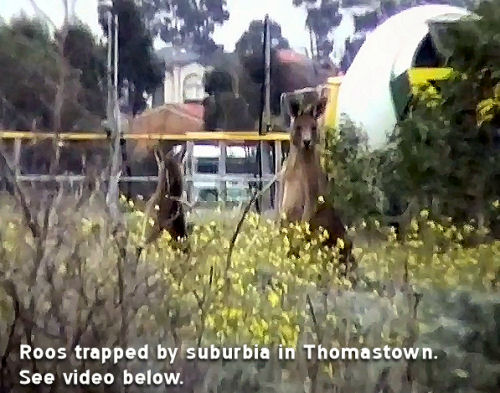
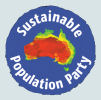
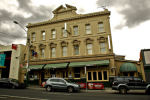 The Sustainable Population Party invites members and supporters to meet in Hawthorn for an informal meeting to discuss a number of key issues. 12pm for 12:15pm (lunch at 1:30pm); Glenferrie Hotel, 324 Burwood Road, Hawthorn (Glenferrie Room at rear).
The Sustainable Population Party invites members and supporters to meet in Hawthorn for an informal meeting to discuss a number of key issues. 12pm for 12:15pm (lunch at 1:30pm); Glenferrie Hotel, 324 Burwood Road, Hawthorn (Glenferrie Room at rear).
Recent comments